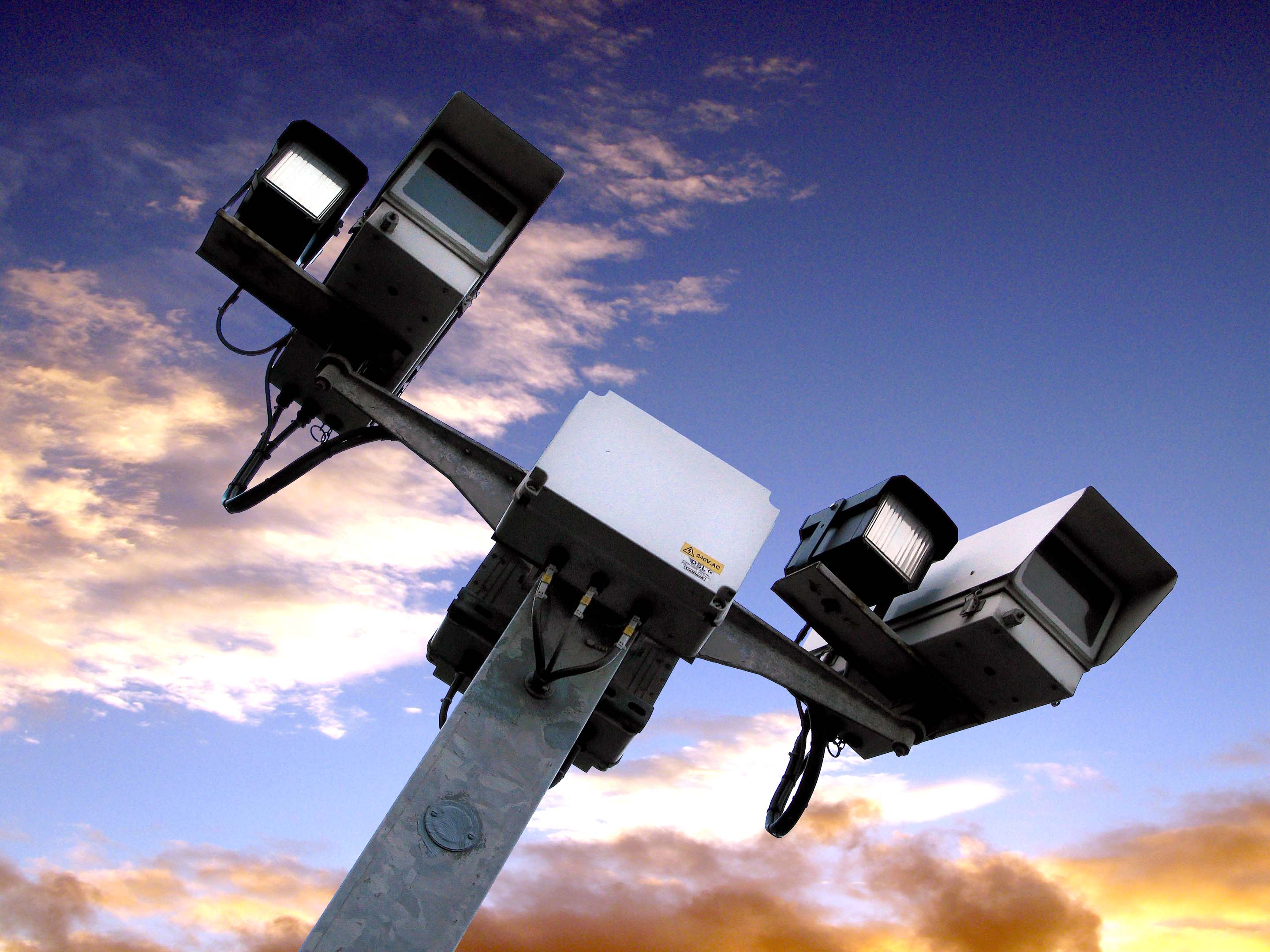By: David P. Griscom
This past summer after recording a video telling his mother “not to worry”, Moner Mohamad Abu-Sallah drove to a government checkpoint in Syria and detonated a bomb. In spite of our security network, Abu-Sallah, an American citizen, was able to travel to conflict ridden Syria multiple times before his final trip. Moner Mohhamad Abu-Sallah represents the proverbial threat that Americans were told could be prevented by trading our rights to privacy for added security. But where was the return on investment that day?
A binary arguments is destroyed when there is a third element added. In this case the reductive privacy versus security argument is defeated when it becomes apparent that we traded in our privacy for security and now have neither. This specific case was plagued by failures of many of the agencies tasked with fighting terrorism. If spying on US citizens puts us all at the risk of abuse and is not effective at protecting from terrorism this deal becomes even more unpalatable.
This attack, though occurring outside of the US, shows the ineptitude of the surveillance state. The argument that we benefit from the government’s collection of our private correspondences is rather perplexing. While data collection of this level is unprecedented in history, one could imagine how this ability would be the fantasy of many of the totalitarian states of the past century. As American citizens we should not have to fight for our right to privacy, but rather the government should defend its right to take it from us. The man who exposed the US governments actions to the people is still in exile fearing the retribution of the state.
The United States Justice Department has already showed its hostility to our right for information with their continued persecution of journalists and whistleblowers, why then should we protect their ability to keep us uninformed and their ability to collect incredible amounts of data on the American people. It is certainly not preventing Americans from being radicalized. When the collection of data is not benefiting the public, the question must be asked: who is benefiting from this program, the people or the state?
Photo Credit: Plastic Jesus, Flickr Commons

